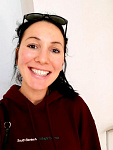The word “Cyprus” for Anna, Viktor, and their seven-year-old son Leva was once synonymous with paradise. Golden beaches of Ayia Napa, where the water is so beautiful it seems drinkable with your eyes; carefree days filled with the flavor of juicy meze and the scent of blooming bougainvillea. Ancient ruins whispering millennia-old stories, and the promise of eternal youth hidden in the magical waters of Aphrodite’s Bay. That was the Cyprus that pulled them like a magnet year after year, making their hearts beat faster at the mere thought of returning.
“This is exactly the place I imagine being on holiday,” Viktor often repeated, watching Leva fall asleep to the sound of the waves.
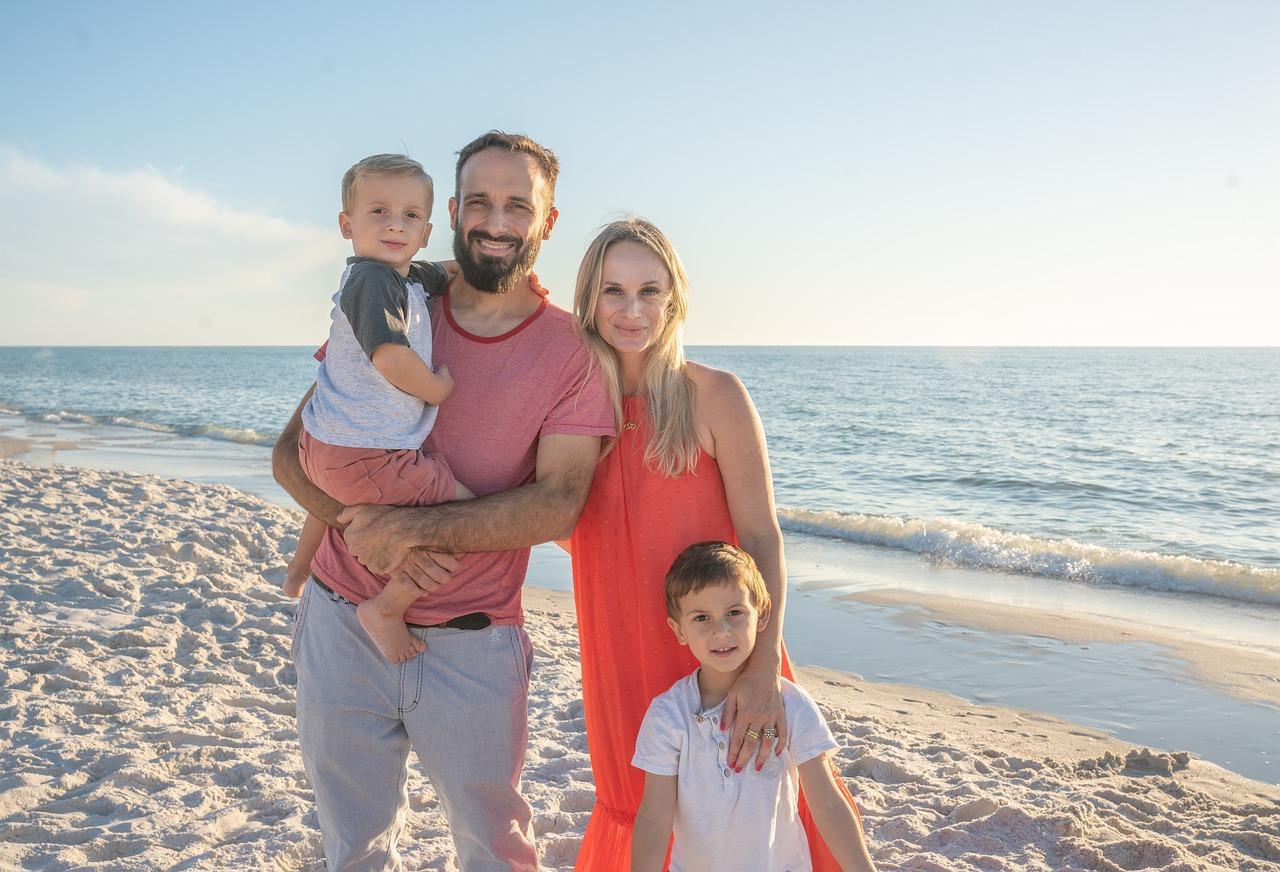
Chapter 1. The Cypriot Dream – A Glimpse Through the Tourist’s Rose-Colored Glasses
The Magic of First Impressions
The family’s annual pilgrimages from Russia to the island of Aphrodite always ended with the same conversation on the way back to the airport: “What if..?”
What if they didn’t leave? What if they traded gloomy autumns and endless winters for 340 sunny days a year?
The dream of a house by the sea, a slow-paced life where mornings start with coffee on the terrace accompanied by chirping cicadas instead of city noise, became increasingly persistent. They imagined Leva’s future in a country with “fantastic educational standards” and a safe, friendly environment where children could grow up without fear. Five years ago, that “what if...?” finally turned into a firm “Yes!”
Tourist Cyprus, with its well-oiled hospitality infrastructure, masterfully showcases its best sides. The charm of the island for visitors is a carefully crafted image, behind which lie everyday and economic nuances unknown to those who only come for a couple of weeks to soak up the sun.
Tourists rarely think about utility costs or the intricacies of local bureaucracy.
Anna and Viktor, like many before them, fell under the spell of this sunny charm, unaware that everyday life there is quite different from vacation bliss.
A decision to move, made under the influence of a holiday euphoria, often paints an idealized picture of the future, leaving out potential challenges of adaptation and cultural differences that can’t be seen from the comfort of a sunbed.
The dream of “living on a picturesque island” is a powerful driver—but it doesn’t prepare you for the fact that the “relaxed, unhurried pace of life” may turn into frustrating slowness when it comes to solving pressing issues. And the promised “few people, lots of open space” can initially feel like isolation and disconnection from the familiar world.
Buying the Dream: A House by the Gentle Sea
The search for a home felt like a continuation of the fairytale. They imagined something cozy, with a small garden where Leva could kick a ball, and of course, within walking distance of the sea.
Limassol—the most “Russian” city in Cyprus—seemed too noisy and expensive, so they chose the quieter, more affordable Paphos, known for its archaeological parks and picturesque sunsets.
After several weeks of viewings, they found it—a small two-story house with white walls and blue shutters, surrounded by greenery, just ten minutes on foot from a pebbled beach.
Their expectations were glowing: morning coffee with a sea view (you really could see the sea from the second-floor balcony—if you stood on tiptoe and turned your head slightly), Leva spending all day outside, forgetting what colds are, and quiet family evenings on the veranda to the sound of cicadas and rustling palm leaves.
It was to be the end of the urban rat race and the beginning of a new, conscious, and harmonious life.
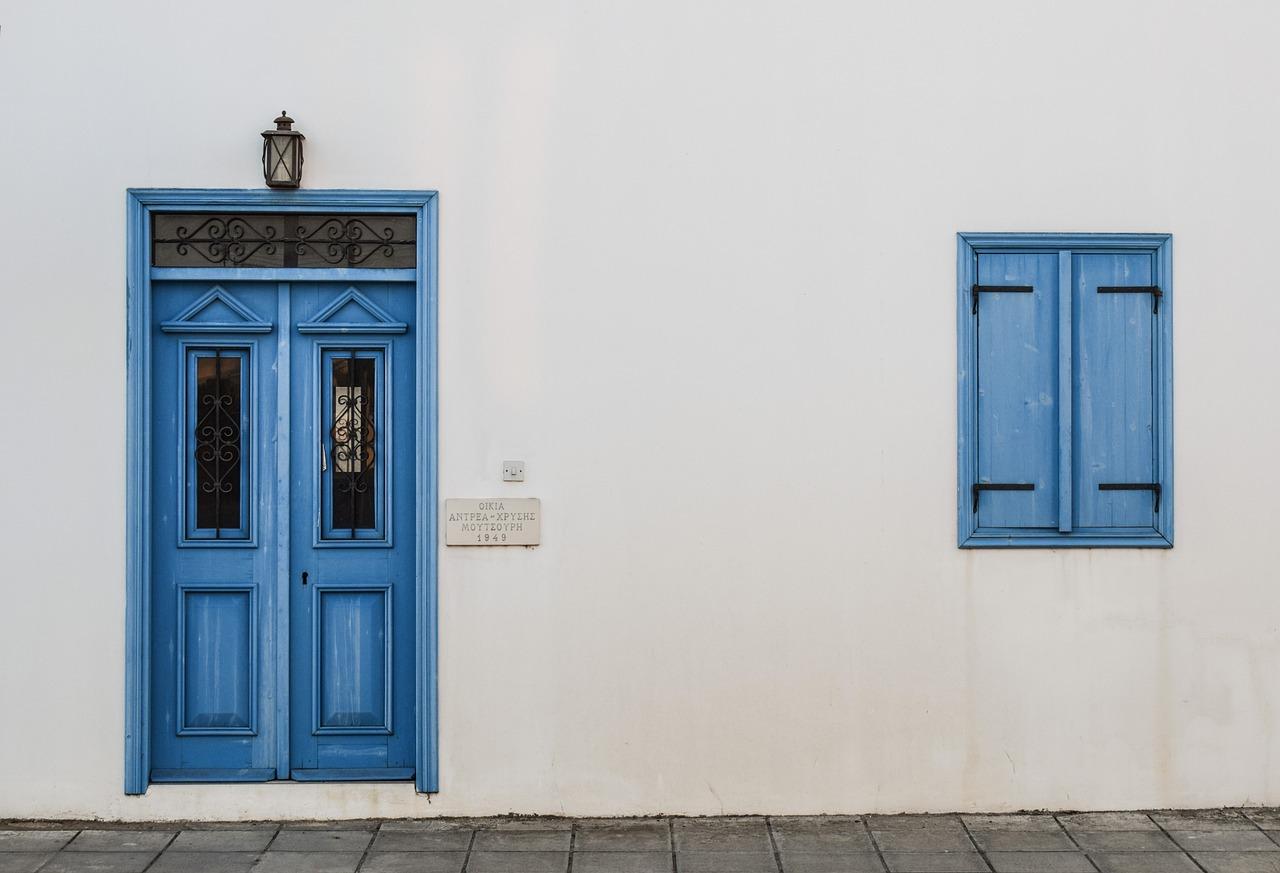
Chapter 2. A Leap Into the Unknown – From Holiday Romance to Island Reality
The First Weeks: Euphoria and Surprises
Unpacking suitcases in their own Cypriot home felt like the start of a new era. Their first walks around the neighborhood as “almost locals” were intoxicating with the feeling of a dream come true. Leva joyfully explored every corner of the garden, and Anna and Viktor, holding hands, smiled at each other and at the sun. But euphoria gradually gave way to confusion when it came time to solve the first everyday issues. Trying to quickly get internet installed or figure out the garbage collection schedule ran into a wall of slowness—called “siga-siga” (“slowly-slowly”).
“Life without rush means the absence of urgent matters altogether,” noted the building manager philosophically when they approached him with what seemed like a minor but important question.
This became their first serious test of patience. Cypriot slowness turned out to be not just tardiness but a deeply ingrained cultural trait that permeates all areas of life, including critical bureaucratic processes. For expats used to a faster pace, this became a constant source of stress and required a major psychological adjustment. What tourist brochures present as “locals enjoy living without stress” in reality, when trying to resolve residence or business matters, can mean weeks and months of agonizing waiting. This wasn’t just inconvenient—it had a direct impact on their legal stay, financial stability, and mental well-being.
Bureaucratic Quest: Pink Slip and Bank Account
The process of obtaining a residence permit—known as the Pink Slip—for non-EU citizens turned into a full-blown quest. Gathering the required documents became a multi-act drama:
- The purchase agreement for the house, notarized by the mukhtar (local head) and stamped at the tax office;
- Bank statements from a Cypriot account proving at least €24,000 for Viktor, plus 20% for Anna and 15% for Leva—funds which had to be transferred from abroad;
- Bank guarantees of €550 per family member;
- Health insurance policies issued in Cyprus, costing about €175 per person.
And that’s not even counting translations, apostilles, and endless copies. A crisis didn’t take long to arrive: with only a few days left on their tourist visas, they discovered that one of their documents was issued in the wrong format.
“Island style, baby,” Anna would later say with bitter irony, echoing many expats’ experiences.
Panic, urgent calls to their lawyer, sleepless nights—and finally, the coveted pink cards were in their hands. But at what cost!
Opening a bank account in Cyprus was no simple formality either. They had to provide not only passports and the house contract, but also recommendation letters from their previous bank and a detailed explanation of their funds' origin.
Fortunately, five years ago this was still manageable for Russians, although it required patience.
Home Sweet Home? The Hidden Traps of Real Estate
The first domestic “surprises” in their dream home didn’t take long to appear. They quickly discovered that central heating, so common back home, simply doesn’t exist in Cyprus. Although winters are mild, night temperatures can drop to +5°C, and the only source of warmth were electric heaters or air conditioners with heat mode. Viktor was already worried about future electricity bills. Another typical Cypriot issue soon emerged—mold, which insidiously appeared in corners due to high humidity, especially in winter.
They had, of course, paid taxes and fees when buying the home, but after the transaction they discovered other, less obvious expenses: for example, the stamp duty and annual municipal tax covering garbage collection, street lighting, and other local services.
But the biggest potential problem, warned by the lawyer they had hired on a friend’s recommendation, was the Title Deed situation. In Cyprus, it’s not uncommon for developers to be unable to transfer the title to buyers because of debts to the bank or building violations. Their lawyer carefully checked the documents and developer history, and fortunately their house was “clean.” But stories of other expats who had lived in their homes for years without full ownership rights were nerve-wracking. Buying real estate in Cyprus isn’t just purchasing square meters—it’s a complex legal and financial marathon, especially for foreigners, with a high risk of problems unthinkable in their home country.
The dream “house by the sea” could easily turn into a “money pit for repairs and stress” had it not been for their lawyer’s vigilance and professionalism. The initial costs of moving and settling in were also much higher than expected. Focusing on the price of the house and legal paperwork, they had underestimated the countless “little things”: deposits for water and electricity, annual insurance costs, unexpected expenses for pest control or cleaning up after rare but strong dust storms from Africa. All of these seemingly minor expenses added up to substantial sums, slowly eating away at their budget—originally planned with overly optimistic tourist expectations.
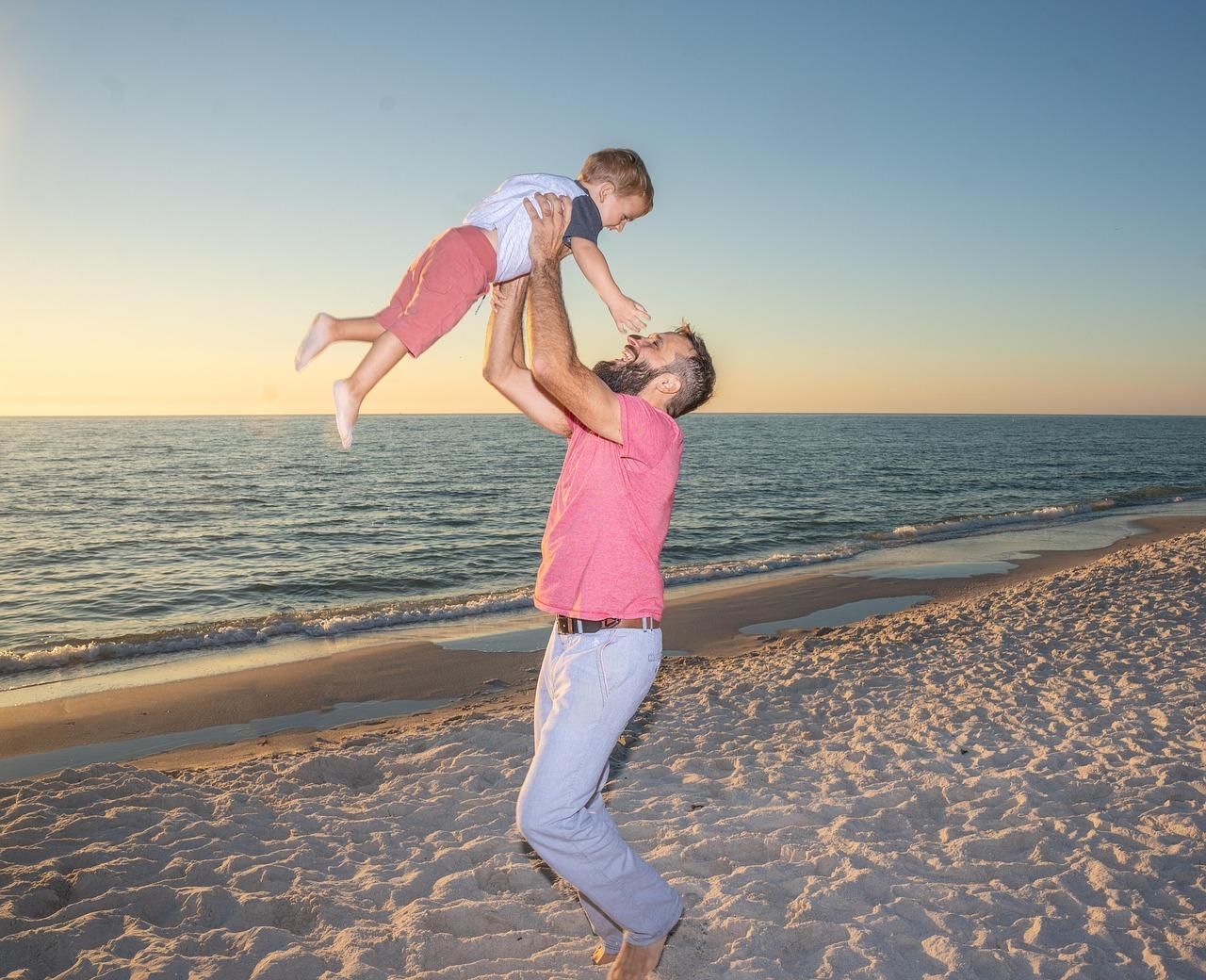
Chapter 3. Settling In – Unforeseen Storms
Leva’s World: School Life and New Friends.
Once the initial whirlwind of paperwork and settling in began to calm down, the question of Leva’s education came to the forefront. The dilemma was not an easy one: enroll their son in a free public school with full immersion in Greek—a nearly extreme option for a child who didn’t know a single word of the language—or choose a private school. Cyprus offered both Russian schools, operating under the Russian Federation’s curriculum, and English-language schools based on the British system, which could open doors to European universities. After lengthy family discussions and visits to several schools, they settled on a small English school in Paphos, deciding that it would provide Leva with the best prospects and help him integrate more quickly into an international environment.
The cost of schooling, however, was significant—around €6,000 per year, not including uniforms, textbooks, or school trips. This became a noticeable strain on the family’s budget, something not always obvious during the euphoric planning stage of the move. Choosing a school for an expat child is always a tricky compromise between the desire to preserve one’s native culture and language, the pursuit of quality education, and the necessity of integrating into a new environment.
Leva’s adaptation at school didn’t go as smoothly as they had hoped. Although the lessons were in English, the class consisted of children from many different countries, each with their own accent and cultural quirks. In the first few months, Leva often came home upset, complained that no one understood him, and was reluctant to go to school in the mornings. There were small conflicts with classmates and tears from feeling hurt. Anna and Viktor worried, tried to support him, talked with him often, and explained that new friendships don’t form overnight. They even considered talking to the school psychologist, but after a while, Leva began to warm up. Extracurricular activities helped—he joined a school robotics club where he found like-minded kids. Gradually, he made his first friends, and school life stopped feeling like a daily struggle.
Anna and Viktor’s Language Labyrinth: English Is Not Enough
At first, Anna and Viktor were confident that their English would be sufficient for a comfortable life in Cyprus. The island had been a British colony for a long time, and most Cypriots—especially in tourist areas—do speak English quite well. Initially, that was indeed the case: in shops, restaurants, and banks, they had no trouble communicating.
However, the illusion of easy language adaptation began to crumble as soon as they encountered situations beyond basic service interactions. Trying to explain to their elderly Cypriot neighbor that the plaster had fallen off their shared wall turned into a game of charades. A visit to the public clinic with Leva, who had caught a mild cold, revealed that the on-duty doctor, while he understood some English, spoke it with such difficulty and such a thick accent that Anna panicked, afraid of missing something important. And when the boiler broke and the repairman they called spoke only Greek, Viktor realized—it was time to learn the language.
It took a series of such small but telling incidents for them to realize that English was only a surface-level communication tool. For deeper integration, resolving complex domestic or bureaucratic issues, and truly understanding the local culture, Greek was essential. They signed up for evening Greek classes, downloaded language-learning apps to their phones, and slowly began tackling this new language. It wasn’t easy, especially considering the peculiarities of the Cypriot dialect, which differed noticeably from the standard Greek taught in classes. But small victories—successfully chatting with a market vendor, understanding a radio announcement, getting a neighbor’s smile in response to a clumsy “Kalimera sas!”—uplifted them and gave them motivation. Learning Greek became not just a necessity, but a key to the heart of the island.
The Price of Paradise: Utilities, Groceries, and Daily Life
“Life in paradise,” they discovered, came with a very real and rather high price tag. The shock of their first electricity bills felt like a cold shower. Anna sighed as she sorted through the invoices. It was supposed to be a tropical island—why were the numbers so painful? Just covering the basics for the three of them without any frills took:
- Utilities (water, electricity, garbage collection) – In winter, due to constant heater use, electricity bills reached €400 per month. Summer air conditioning also consumed a significant amount. Water wasn't cheap either, especially considering they had to water a small garden.
- Groceries – They couldn’t get by on less than €500–600 per month for a family of three, even when mostly cooking at home and buying local seasonal produce.
- Leva’s school (private English school) – Another nearly €500 per month if the annual fee was broken down, plus a €1,500 deposit to reserve a place for the next year, payable in March.
- Gasoline for their old Toyota – Around €150–200 per month. Without a car in Cyprus, where public transport is underdeveloped, getting around is practically impossible.
“And that’s without dining out every day!” Anna would say, summing up their monthly financial report.
The overall cost of living turned out to be much higher than their initial, somewhat naive expectations, shaped by tourist experiences and promotional promises of “low living costs.” This created a constant undercurrent of financial tension, a stark contrast to the carefree atmosphere of vacation days.
On top of daily life surprises came the climate-related ones. Several times a year, usually in spring, dust storms from Africa would sweep over, covering everything in a fine yellowish powder and forcing them to keep windows and doors tightly shut for days. In summer, they were bothered by mosquitoes and other insects, while the high humidity—especially in coastal areas—encouraged mold growth in homes, demanding constant vigilance and preventive action.
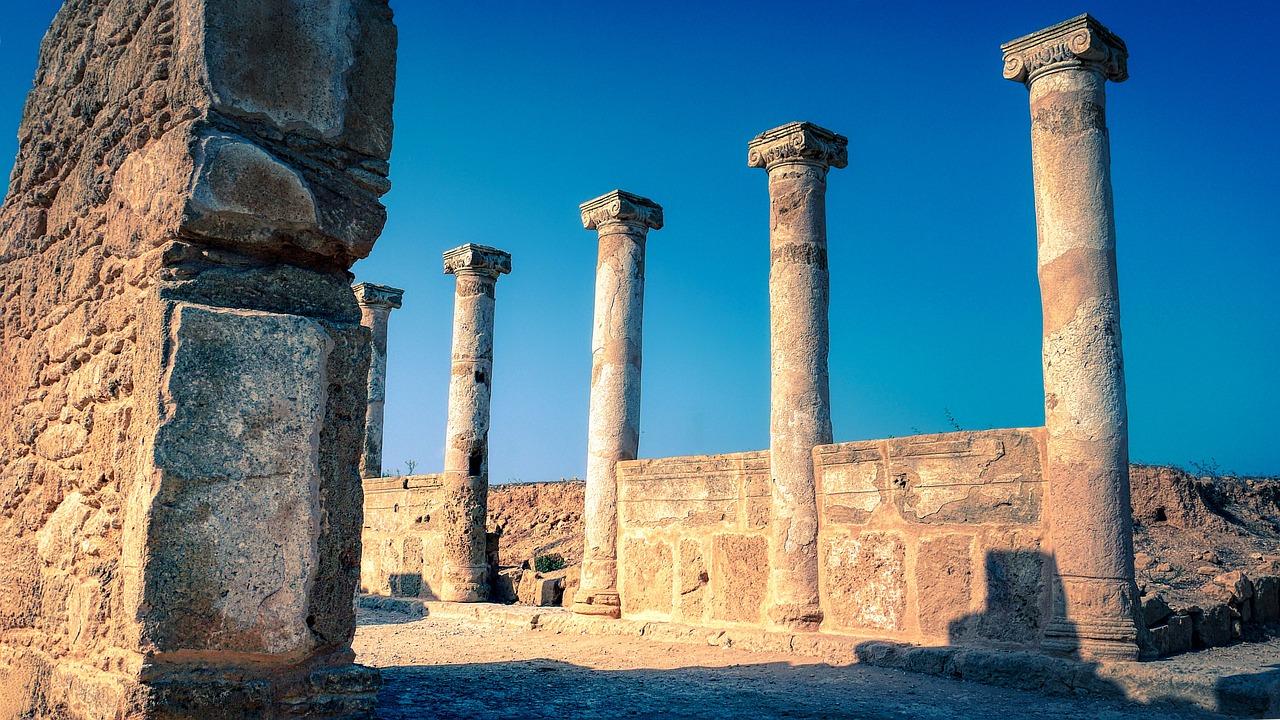
Health on the Island: Private and Public Medicine
Fortunately, the family didn’t face any major health issues during those years, but they did have to see doctors on a few occasions. Leva’s childhood colds, routine checkups, and the time Viktor strained his back—all gave them a chance to form their own opinion of the local healthcare system. They immediately took out medical insurance, required for residency permits, which covered part of their private healthcare expenses.
Private clinics and doctors in Cyprus left a good impression: modern equipment, cleanliness, English-speaking staff, no waiting lines. However, each visit and test came at a hefty price. The public healthcare system (GESY), which they also gained access to after completing all the paperwork, offered more affordable services, but getting an appointment with a specialist was harder, wait times were longer, and the level of comfort and interdepartmental coordination left much to be desired. As a result, they preferred to use private healthcare whenever possible, recognizing it as another significant expense.
Cultural Code and Finding “Your People”: From Loneliness to Community
In the first few months after their move, when the initial euphoria had faded and daily challenges remained unsolved, Anna and Viktor acutely felt the absence of their familiar social circle. Friends and family were far away, and although modern communication tools made it easy to stay in touch, they couldn’t replace face-to-face conversations, casual get-togethers, and the feeling of support. It was especially difficult for Anna, who had left an interesting job back home and now spent most of her time at home or caring for Leva. Nostalgia sometimes hit with unexpected force, making them question whether they had made the right decision.
Gradually, they started learning about local customs and traditions. They were invited to a Cypriot wedding—a grand event with hundreds of guests, music, dancing, and the tradition of pinning money to the newlyweds’ clothes. They appreciated the local hospitality when neighbors shared homemade pastries or fresh fruit from their gardens. But true connection required more than polite smiles. Building a new social circle in a foreign country is always an active and often lengthy process that requires stepping out of your comfort zone. The initial friendliness of the Cypriots didn’t always translate into deep friendships.
Other expats became their lifeline. Viktor met a few Russian-speaking families in Paphos through his remote work colleagues. Anna found local online groups and forums for “our people” in Cyprus. Soon came shared picnics in nature, hikes in the Troodos Mountains, and exchanges of survival tips and hacks for island life. This new social circle made them feel less alone and more confident. They realized that many had gone through the same struggles and doubts—and that brought them closer together.
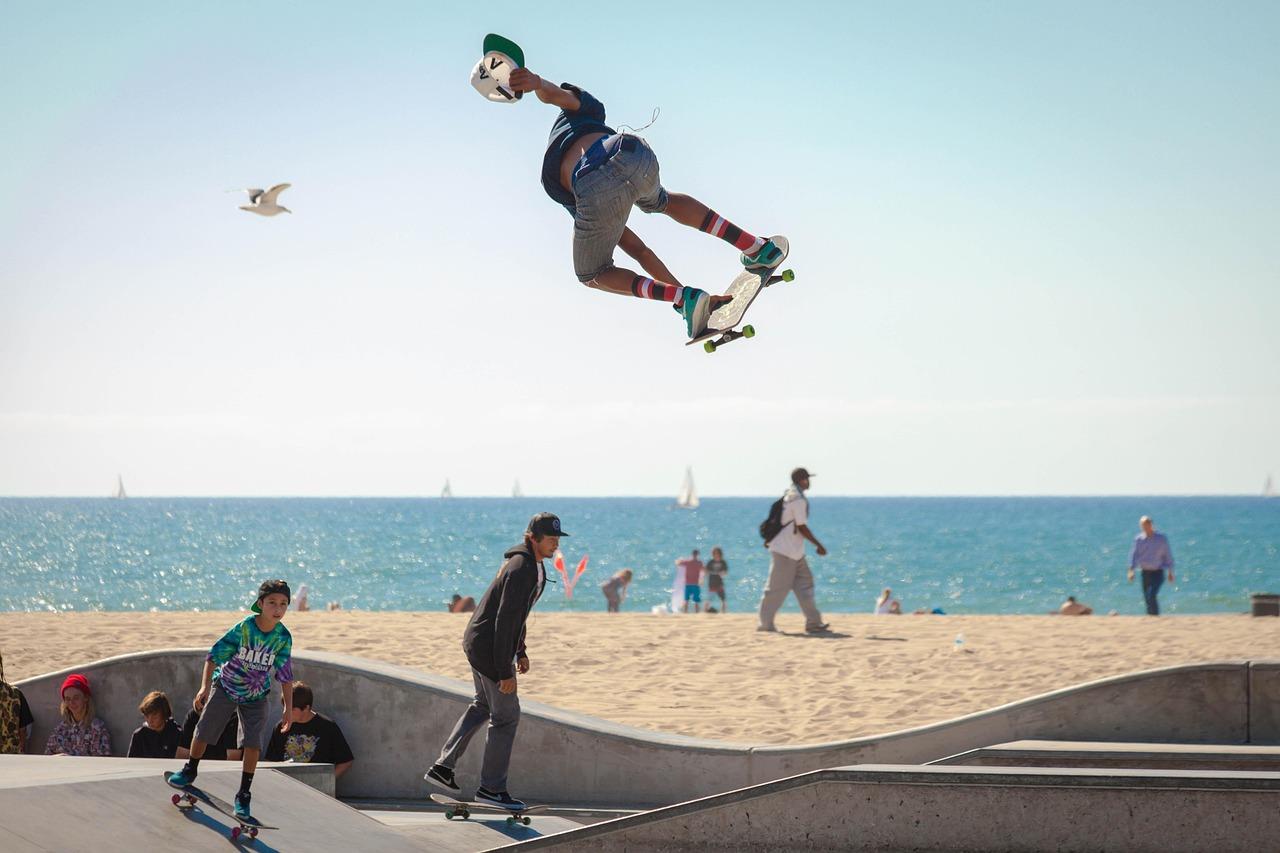
Chapter 4. Riding the Wave — Cyprus Through the Eyes of a Family Over the Past Five Years
Economic Twists and Turns: Inflation and Prices
Five years is a significant stretch of time, and during that period, Cyprus—like the rest of the world—has gone through a few economic rollercoasters. Anna and Victor’s family personally felt how prices gradually but steadily increased. Inflation, while not skyrocketing, still made its presence known. Supermarket groceries became more expensive, fuel prices rose, and the cost of services went up. Looking through old receipts, Victor was surprised to note that the same basket of groceries cost them 15–20% less five years ago.
The Cypriot real estate market didn’t stand still either. Housing prices in their area increased noticeably. Although they had already purchased their home, the change still affected their overall sense of financial stability. On the one hand, the value of their asset had grown; on the other, the thought of moving to a larger home in the future began to feel more and more out of reach. Discussions about saving and finding additional sources of income became more frequent in the family. Anna even started freelancing by giving online English lessons.
The COVID-19 Pandemic: An Island Under Lockdown
Then came 2020, and the world was hit by the COVID-19 pandemic. The “island paradise” was no exception. Lockdowns, closed schools, an SMS-permit system to leave the house, empty beaches and streets—all of it felt like a surreal dream. Leva studied online for several months, which was tough for both him and Anna, who had to take on the role of home tutor. Victor, who had already been working remotely before the pandemic, felt the increased pressure and anxiety about the future.
Social life came to a halt. Meetings with friends stopped, and travel around the island became impossible. Psychological strain increased. What helped them cope were walks by the sea during allowed hours and the sense that they were going through it all together, supporting one another. Comparing their experience to stories from friends and relatives back home, they realized that Cyprus—with its relatively small population and island dynamics—might have gone through the pandemic a bit more gently than many other countries, but it was still a major challenge for everyone.
Echoes of Distant Storms: The World Changes, and So Does Cyprus
The events of February 2022, related to the conflict in Ukraine, reached Cyprus as well. The island, traditionally home to many Russian speakers and with strong economic ties to Russia, found itself in a difficult situation. While the family didn’t feel any direct hostility toward them as Russians—Cypriots are generally friendly and apolitical—there was a noticeable tension within the Russian-speaking community. Many Ukrainian refugees arrived on the island, and the local authorities and volunteers worked to provide assistance. The economic effects of the sanctions didn’t bypass Cyprus either, adding another twist to inflationary pressures.
Cyprus's immigration laws also changed over those five years. The “Golden Passport” program, which allowed people to acquire citizenship through investment, was cancelled due to multiple scandals. Some rules for obtaining and renewing residence permits became stricter, as did the requirements for those hoping to eventually obtain permanent residency or naturalization. This made Anna and Victor more vigilant about following the news and thinking about their long-term prospects on the island. Global events and economic cycles clearly showed that Cyprus was not some isolated, peaceful paradise but very much a part of a large and restless world. This required not only day-to-day flexibility but also mental adaptability and the ability to adjust to rapidly changing conditions.
Resilience and Adaptability: How the Family Coped
Despite all the difficulties, the family learned how to find solutions and support each other. Victor, whose remote work proved to be a great advantage during the pandemic, even managed to slightly expand his client base. Anna, in addition to teaching online, took up ceramics—a hobby made possible thanks to the many small workshops around Cyprus—and it became both a creative outlet and a form of self-expression. Leva, who had grown up a lot over those years, became fairly fluent not only in English but also began to understand Greek through interactions with local kids in the neighborhood.
As is often the case, crisis brought them closer together. They learned to appreciate the simple things: shared dinners on the veranda, long walks along the sea, the ability to simply be together. They came to understand that immigration is not only about overcoming difficulties, but also a tremendous incentive for personal growth and the development of new skills.
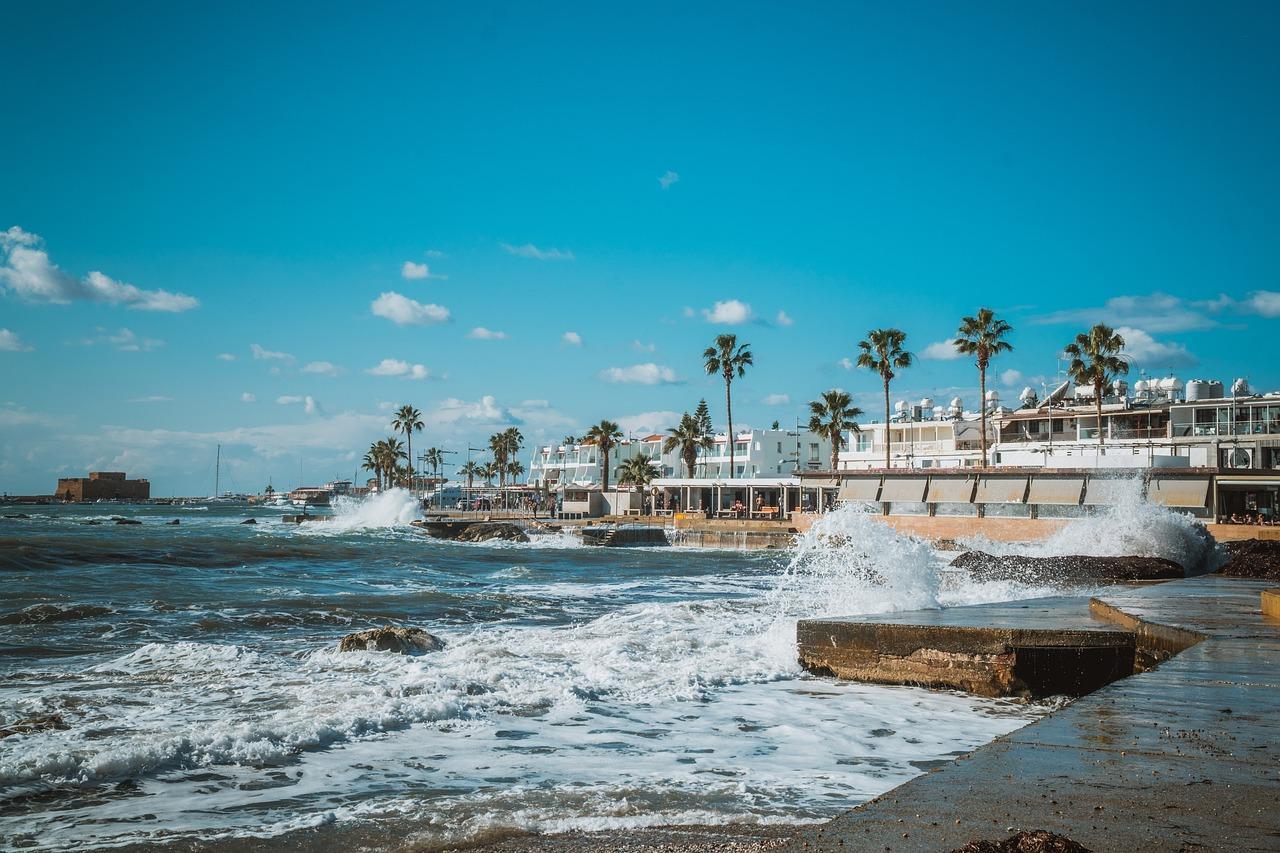
Chapter 5. The Heart of Cyprus — More Than a Postcard
Five Years Later: A New Perspective
Five years… Sitting on their jasmine-covered veranda, Anna and Victor often recalled the day they first opened the door to their Cypriot home, full of bright hopes and touristy excitement. So much had happened in those years—joys, disappointments, and moments when they wanted to give up and leave.
“Remember how we dreamed of endless summer and carefree Bounty-ad life, just like in a magazine?” Anna smiled at her husband.
“Those rose-colored glasses broke a long time ago, that’s for sure. But you know,” Victor nodded, “I like what we see now a lot more.”
Perhaps the hardest part was accepting the island’s slowness—siga-siga—which was so irritating at first. Accepting the bureaucracy, the high electricity prices despite the year-round sun, the language barrier. But their greatest joy was the sense that they had made it. Not just survived, but truly learned to live here, to find small joys, to build their own world.
Their son Leva, now twelve, had become a real “child of the world.” Fluent in two languages and understanding a third, he easily connected with peers from different countries. Cyprus had become his true home—the place where his conscious childhood unfolded.
True adaptation turned out to be more than just getting used to new conditions. It was a deep transformation of their own perspective and values. The tourist gloss had faded, revealing the real, living Cyprus—with its problems and flaws, but also with incredible soulfulness, beauty, and a unique atmosphere. They had learned to see beyond the surface.
What Does "Home" Mean in Cyprus?
Do they feel Cyprus is their home? Now, definitely yes. But it’s “home” not as a perfect picture, but as a place where they feel good together, where they feel safe and at ease. A place they’ve accepted, with all its quirks—and that seems to have accepted them in return.
The difference between a fleeting tourist crush and a deep, hard-won, and therefore more enduring resident’s bond with the island is enormous. A tourist skims the surface, admiring the beauty and the service. A resident dives deep, faces reality, overcomes hardships—and it’s that struggle that builds a true connection.
The small joys of daily life, which they might have overlooked before, were now appreciated with special intensity:
– the unbelievable Cypriot sunsets, different every evening;
– the taste of freshly baked bread from a village bakery;
– morning coffee on the veranda to the soundtrack of unfamiliar birds;
– the smiles and greetings from familiar Cypriots at the corner shop;
– Leva coming home from school with a funny sunburnt nose and a pocketful of sea stones.
“Home” is not so much a point on a map, but a state of inner comfort, a sense of belonging, and the freedom to be yourself. Cyprus had become that home for them—but it required effort, openness, patience, and a willingness to change with the country. It wasn’t a passive process of waiting to be embraced by the island, but a mutual journey toward each other.
Acceptance and Harmony
One day, walking along the seafront, Anna said to Victor, “You know, I think I finally understand what Cypriot harmony is. It’s when you stop fighting siga-siga and start living in its rhythm. When you stop expecting everything to be like ‘back home,’ and start accepting how things are ‘here, with them.’ And find beauty in that.”
They no longer compared, idealized, or got upset over small things. They learned to plan ahead, knowing how slow things move locally. They insulated their home and installed solar panels to reduce electricity bills. They learned enough Greek phrases to manage most everyday situations—and even began to find a certain charm in the local dialect.
Dust storms? A reason to spend the day indoors with a book or board games. Insects? Modern repellents and regular cleaning worked wonders. High prices? They learned to budget wisely and find better deals.
They found their own harmony on this ancient island—their own siga-siga. They understood that the real Cyprus isn’t a glossy postcard for tourists, but a living, breathing, complex, and beautiful organism—of which they had become a part. Even the aspects of local life that once irritated them were now seen as part of its unique color, essential traits of the place they had come to love and call home.
The sunset of tourist illusions became the sunrise of a real, meaningful, and warm life by the gentle Mediterranean Sea.
This story is based on real events; names have been changed at the request of the storytellers.
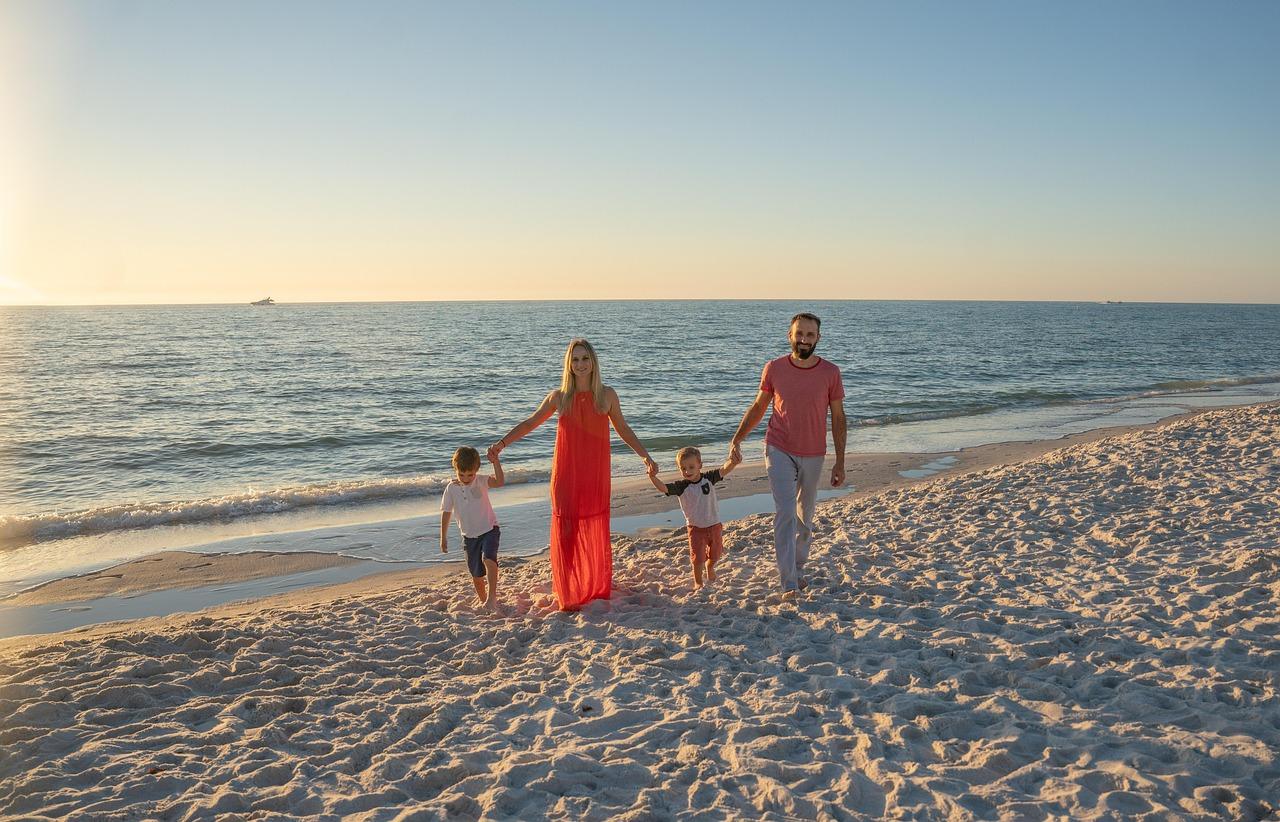
Read also:

